When we have passed beyond individualising, then we shall be real persons. Ego was the helper; ego is the bar
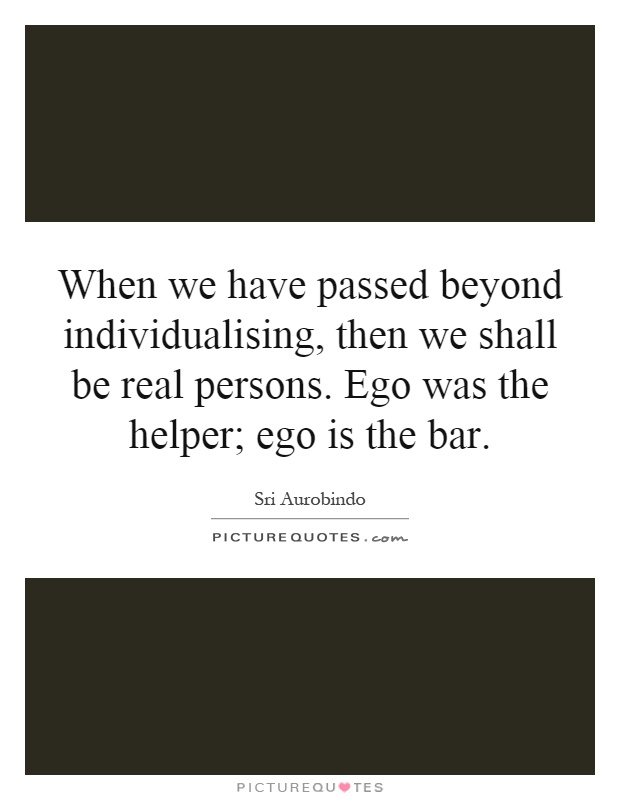
When we have passed beyond individualising, then we shall be real persons. Ego was the helper; ego is the bar
Sri Aurobindo, a renowned Indian philosopher, poet, and spiritual leader, believed in the concept of transcending the ego in order to become a truly authentic and realized person. In his teachings, he emphasized the importance of moving beyond the limitations of the individual ego in order to connect with a higher, universal consciousness.The quote "When we have passed beyond individualising, then we shall be real persons. Ego was the helper; ego is the bar" encapsulates Aurobindo's belief that the ego, while initially necessary for personal development and growth, ultimately becomes a hindrance to spiritual evolution. The ego, with its focus on self-preservation and self-interest, creates a sense of separation and division from others and from the divine.
Aurobindo believed that true fulfillment and self-realization could only be achieved by transcending the ego and connecting with a deeper, more expansive sense of self. By moving beyond the limitations of the individual ego, one could tap into a higher consciousness that is interconnected with all beings and with the divine.
In Aurobindo's philosophy, the ego serves as a temporary tool for navigating the physical world and developing a sense of self-awareness. However, as one progresses on the spiritual path, the ego must be transcended in order to access a higher level of consciousness and experience true unity with all of creation.
Aurobindo's teachings emphasize the importance of self-transcendence and the dissolution of the ego in order to realize one's true nature as a spiritual being. By letting go of the ego's attachments and identifications, one can experience a profound sense of interconnectedness with all of existence and awaken to a higher state of consciousness.




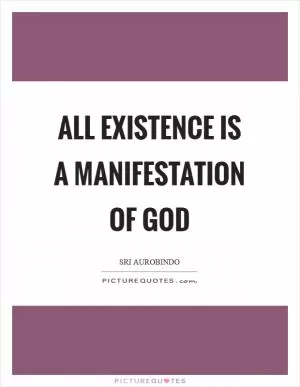
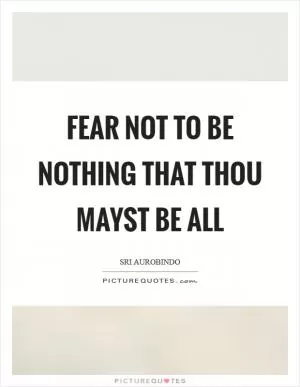


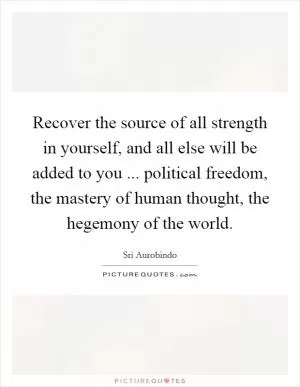


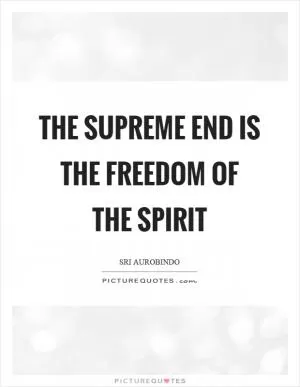
 Friendship Quotes
Friendship Quotes Love Quotes
Love Quotes Life Quotes
Life Quotes Funny Quotes
Funny Quotes Motivational Quotes
Motivational Quotes Inspirational Quotes
Inspirational Quotes